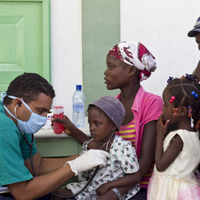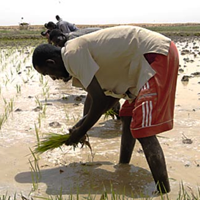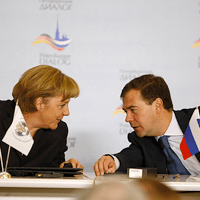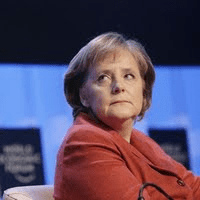
Over the past 30 years, the process of globalization has revolutionized international affairs. The amount of trade has tripled, and the ease with which goods, money, services and people now circulate globally has resulted in soaring economic growth and development that has benefitted almost all countries. Perhaps the most significant change has taken place in the Global South. Developing countries’ share of world trade has risen from around 10 percent in the mid-1990s to around 20 percent today. Even amid the recent global economic downturn, developing countries have still managed to significantly increase their share of global trade (.pdf). Partly […]





